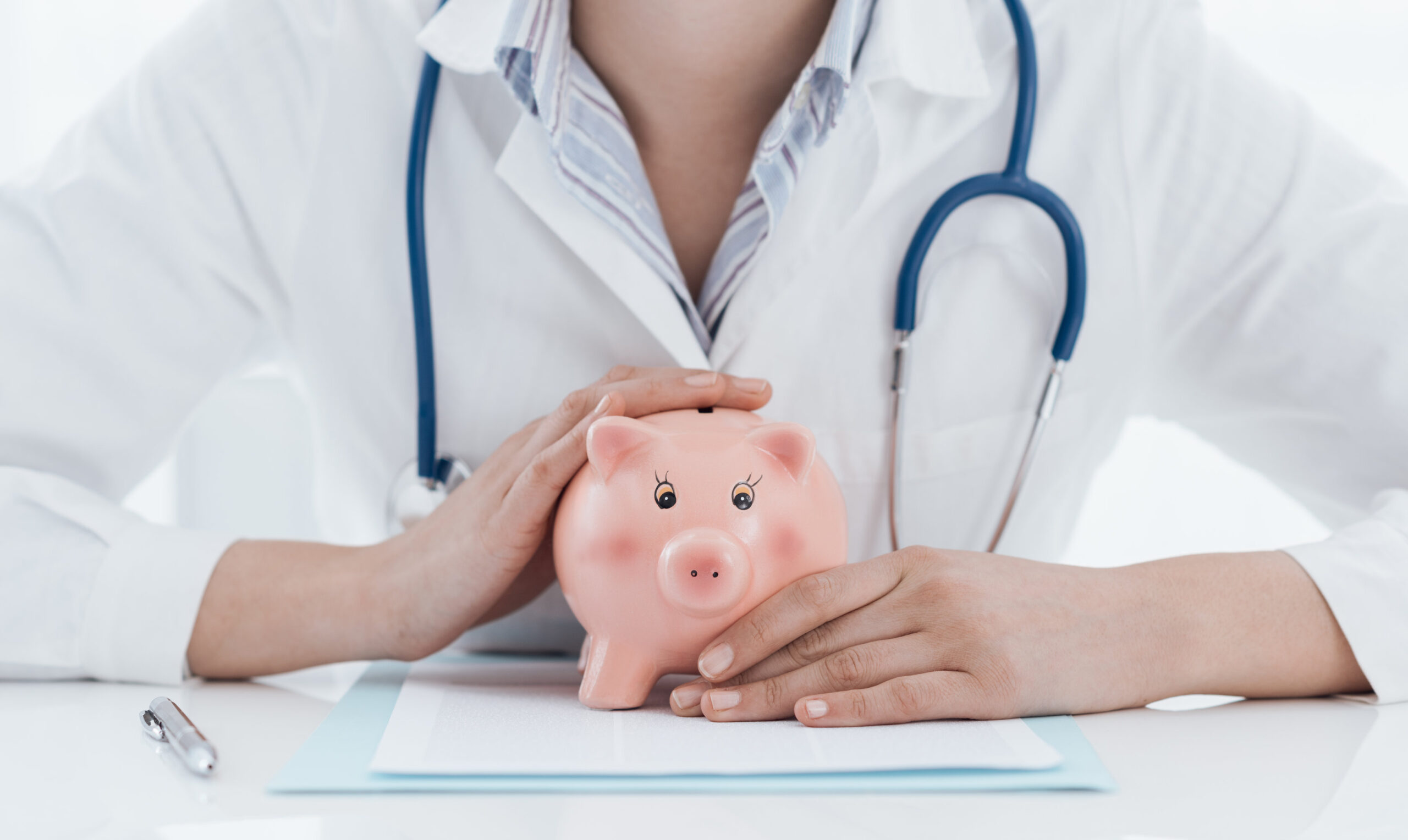
Are your finances fit enough?
Wearable technology can monitor our heart rate and tell us how much sleep we have had, but what about our financial wellbeing? If you could benefit from a Fitbit or other device for your finances, read on. Just like your physical health, the more you can monitor what is happening with your finances, the easier it will be to improve your financial fitness.
We all know that financial stress can have a negative impact on our physical and mental wellbeing, leading to stress, anxiety, and depression. Research has even shown that employees suffering high financial stress are “more than four times as likely to complain of headaches, depression and other ailments.” (Brett Whysel www.forbes.com)
So, if you could get a Fitbit for your finances, what would it track? Keep an eye on these key metrics and you could be feeling financially fit in no time.
1. Spending
Expenses are a fact of life, but this is one area where things can easily get out of hand. Much like overeating, it is all too easy to buy too much and spend on things you do not really need, especially if you are not keeping track of where your money is going. Technology can add to overspending with ‘Buy now Pay later and Tap and Go payments’ making it harder than ever to keep track of what’s leaving your account.
What can you do:
· Make a list of your essential costs, such as rent/mortgage, utilities, food, entertainment, and regular bills etc.
· Try using a spreadsheet or budgeting app to make tracking your spending as easy as possible. There are numerous free tools online that offer breakdowns of your spending by category, so take advantage of these.
By monitoring where you are actually spending money each day, you will quickly start to get a true picture of your financial health. If your spending habits are putting you on the wrong path, learn how to plan and stick to a budget.
Debt:
Like carrying a few extra kilos, debt can creep up on you and weigh you down more than you realise.
The Central Bank of Ireland data shows short term debt (1 to 5 Years) stood at €8.7bn in 2019. Credit of less than 1 year at €2.6bn and over 5 years at €2.4bn. (Household Credit Market Report 2019 – Central Bank of Ireland)
2. What to do:
· Detox your debt. The first step to financial health includes keeping levels of personal debt to a minimum. · Look at consolidating your debts onto one card or personal loan, so that you’re only dealing with one repayment each month.
· Take advantage of interest free periods to pay down your debt.
· Put a repayment plan in place to repay the most expensive debt first and stick to it!
3. Savings
Once your debt reduction strategy is underway, you can focus on another key aspect of your financial health: Savings. How much you have stashed for a rainy day is a strong indicator of your overall financial health.
What to do:
· Open a dedicated savings or investment account that is separate from all your other accounts. This is made easier today by some of the newer online banks who allow you to create sub-accounts into which you can save for specific events.
· Make regular, consistent deposits – weekly, fortnightly, or monthly (automate these payments where possible so you not have to think about it).
· Add any extra cash windfalls to your savings account, such as tax return refunds or bonuses.
· Sit back and watch this account grow.
4. Retirement
If you want to stay financially fit and healthy into your old age, you need to lay the groundwork now. That means knowing how much you need to maintain the future lifestyle you want and working towards that figure.
If we take a 40-year old today with net household income of €60,000 who would like to have €48,000 of net income each year from age 68 onwards (state pension age), to achieve this level of income they will need a capital sum of approximately €710,000* .
There are many free online applications that can help give you an estimate of what you may need in the future.
5. Emergency Fund
Like health insurance for your finances, having an emergency fund gives you a buffer against unexpected hard times. You should aim to have enough in your emergency account to cover six months of living expenses, including housing, to protect you in the event of losing your job, falling ill or any other major disruption.
6. Insurance
If you should lose your income for longer, or permanently, there are several types of insurance that can help protect you and your family from financial hardship.
Life insurance, critical illness and income protection all have a role to play in your financial wellbeing.
Depending on your stage of life, financial situation, and responsibilities, it is worth ensuring that you have a mix of all three types of insurance. A good adviser can help you understand what you need and get the right level of cover to protect your lifestyle.
7. Credit rating
A good third-party check-up of your financial health is your credit rating. Compiled from your personal financial information by a credit reporting agency, it is one important indicator of your overall financial fitness (www.icb.ie).
*This figure is made up from personal savings of €40,000 starting at age 40 with an annual growth rate of 3.75% net applied until age 68. A pension fund of €40,000 starting at age 40 with a €10,000 annual contribution until age 68 with a growth rate of 3.75% net applied until age 68. A full state pension for one person is included in the income at retirement. It is also assumed that the funds will be depleted by age 84 (for the purpose of this example we have used the life expectancy of a male in Ireland (Ref. Mortality Differentials in Ireland 2016-2017 www.cso.ie) Note: The life expectancy of a female in Ireland based on this same report is 88 years approximately.
Written by Simon Thompson CFP®
and Life and Money Ireland

